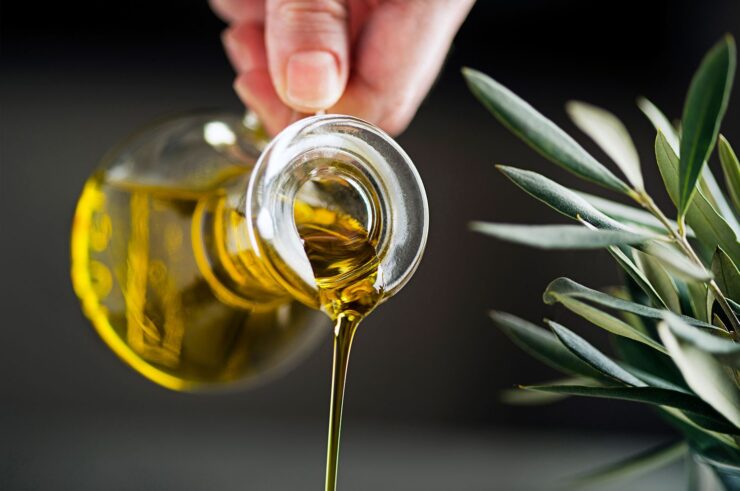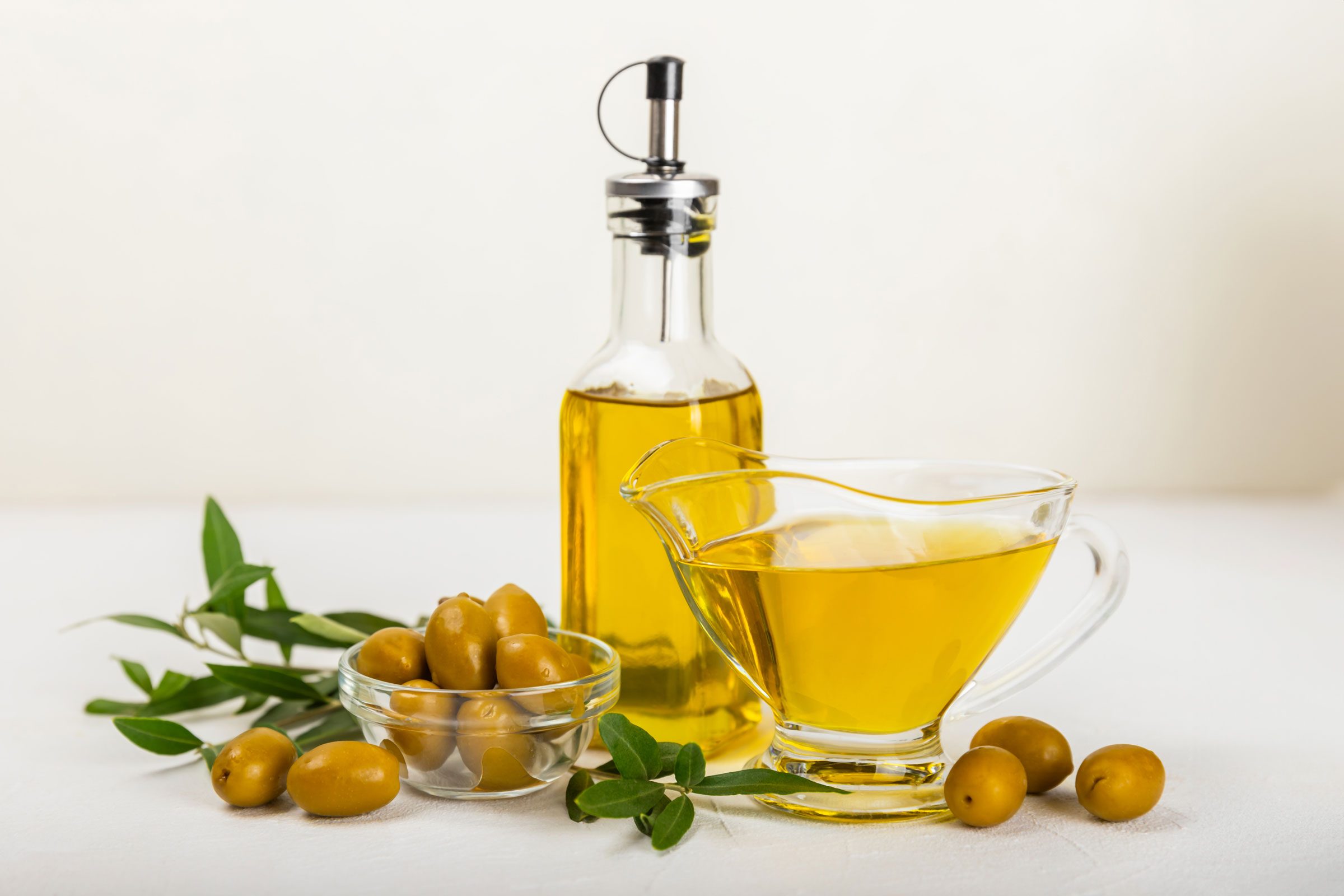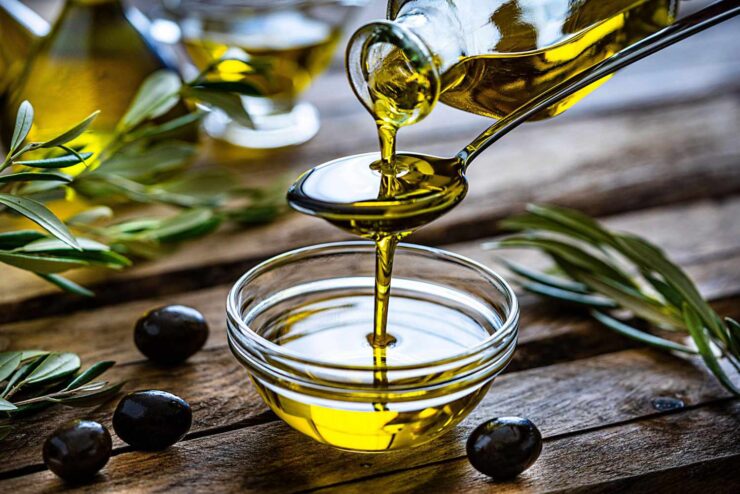Extra virgin olive oil is not just a pantry staple; it’s a versatile ingredient that can elevate any dish with its rich flavor and health benefits. However, with so many options available in the market, choosing the right one can be overwhelming.
From understanding the different grades of olive oil to knowing how to properly store it for maximum freshness, there are several factors to consider when selecting the perfect bottle. In this article, we will delve into the art of selection when it comes to extra virgin olive oil and provide you with valuable tips to ensure you make the best choice for your culinary needs.
Understanding Extra Virgin Olive Oil
When it comes to understanding extra virgin olive oil, it is important to recognize that not all olive oils are created equal. Extra virgin olive oil is the highest quality and most flavorful olive oil you can buy, as it is made from the first pressing of olives, without any heat or chemicals used in the extraction process.
This means that it retains more of the natural antioxidants and nutrients found in the olives, making it a healthier choice for cooking and dressing salads. Additionally, extra virgin olive oil has a lower acidity level, which gives it a smoother taste and a higher smoke point, making it ideal for sautéing and frying.
Understanding the characteristics of extra virgin olive oil can help you make informed choices when selecting and storing this versatile and delicious ingredient in your kitchen.
Factors to Consider When Selecting Extra Virgin Olive Oil

When selecting extra virgin olive oil, there are several key factors to consider to ensure you are choosing the best product for your needs. One important factor to take into account is the source of the olives used to produce the oil.
Look for oils made from olives grown in reputable regions known for producing high-quality olives, such as Italy, Greece, or Spain. Additionally, pay attention to the extraction process used to obtain the oil.
Cold-pressed oils are generally considered superior as they retain more of the natural flavors and nutritional benefits of the olives. Another factor to consider is the harvest date of the oil.
Fresher oils will have a more vibrant flavor and higher levels of antioxidants, so try to select oils with a recent harvest date. Lastly, consider the flavor profile of the oil and choose one that best complements the dishes you plan to cook with it.
By considering these factors, you can ensure you are selecting a top-notch extra virgin olive oil for your culinary creations.
How to Properly Store Extra Virgin Olive Oil
Properly storing extra virgin olive oil is essential to maintaining its freshness and flavor. To ensure the longevity of this precious ingredient, it is important to store it in a cool, dark place away from heat and light.
Exposure to heat and light can cause the oil to oxidize and spoil more quickly. Additionally, make sure to seal the bottle tightly after each use to prevent air from getting in and damaging the oil. It is also recommended to use a dark-colored bottle to further protect the oil from light exposure.
By following these storage tips, you can enjoy the full flavor and benefits of your extra virgin olive oil for longer periods.
Tips for Tasting and Using Extra Virgin Olive Oil

When it comes to tasting and using extra virgin olive oil, there are a few key tips to keep in mind. First, always use a glass or porcelain tasting cup when sampling different oils, as plastic or metal can impact the flavor.
It’s also important to warm the oil slightly by holding the cup in your hand to release its aromas. Next, take a small sip of the oil and swirl it around your mouth to fully experience its flavor profile.
Look for notes of fruitiness, bitterness, and pungency, which are all indicators of a high-quality oil. When using extra virgin olive oil in cooking, be sure to store it in a cool, dark place away from direct sunlight to preserve its freshness.
Remember to taste test your oil regularly to ensure it hasn’t gone rancid, as quality oil can make all the difference in your culinary creations.
Benefits of Using Extra Virgin Olive Oil in Cooking
Using extra virgin olive oil in cooking can bring a plethora of benefits to your dishes. Not only does it add a rich and fruity flavor to your meals, but it also provides a range of health benefits.
Extra virgin olive oil is full of monounsaturated fats, which can help lower bad cholesterol levels and reduce the risk of heart disease. It is also packed with antioxidants, such as vitamin E, which can help protect cells from damage.
Additionally, extra virgin olive oil is a great source of anti-inflammatory compounds, making it a great choice for those looking to reduce inflammation in the body. With its versatility and health benefits, incorporating extra virgin olive oil into your cooking routine can elevate your dishes to the next level.
Conclusion

In conclusion, selecting and storing extra virgin olive oil is essential for enhancing the flavor and nutritional benefits of this beloved oil. By following these tips on choosing a high-quality product, considering the source and processing methods, and storing it properly, you can ensure that your extra virgin olive oil remains fresh and flavorful.
Remember to buy extra virgin olive oil from reputable sources and use it within a reasonable time frame to make the most of its health benefits and culinary versatility. Cheers to delicious dishes and a healthier lifestyle with the perfect bottle of extra virgin olive oil in your pantry!

